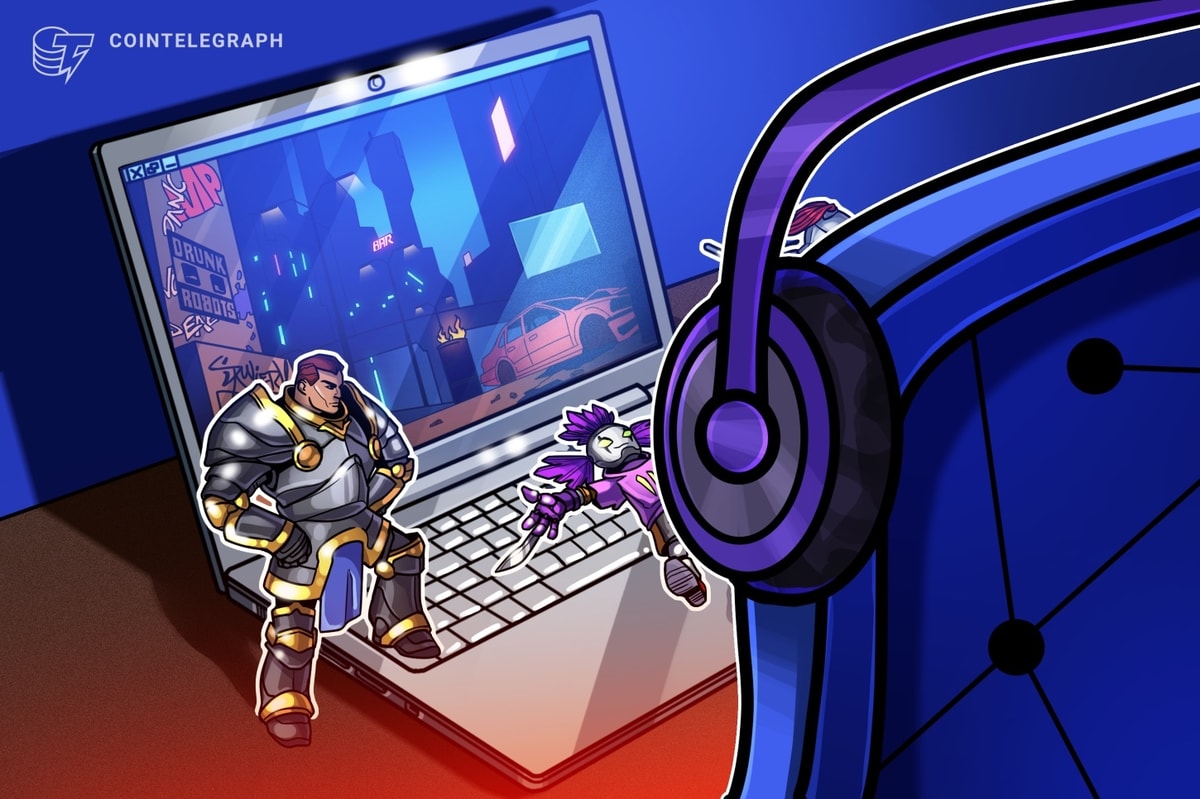Immutable has wound down its NFT marketplace to allow marketplaces within its ecosystem to flourish.
Newsletter
Own this piece of crypto history
In this week’s newsletter, find out why Immutable has retired its non-fungible token (NFT) marketplaces and why Kanpai Pandas NFTs floor prices dropped after the team’s involvement in a Donald Trump-themed token. Check out why an executive believes Web3 gaming needs a Steam-like platform, and, in other news, big companies are continuing to develop metaverse hardware.
Immutable shuts down NFT marketplace
NFT and gaming blockchain Immutable shut down its marketplace to focus on expanding its ecosystem. On Aug. 8, the network announced that it would wind down its marketplace operations on Aug. 13.
The company said it would support other marketplaces within its ecosystem instead of competing with them. The team highlighted that the Immutable marketplace was initially created to showcase what was possible with the Immutable software development kit.
Kanpai pandas NFTs plunge 45% amid Trump token controversy
An NFT collection called Kanpai Pandas dropped in floor price after the team’s alleged role in promoting a Donald Trump-themed token. The memecoin was initially purported to be officially backed by the Trump family. However, this was quickly debunked by Trump’s sons.
After the Trump-themed token was deemed fake, the floor price of the Kanpai Pandas collection decreased from 0.775 Ether (ETH) to 0.42 ETH, a 45% decrease.
Why Web3 gaming needs a Steam-like platform for growth
OKX chief innovation officer Jason Lau believes that as Web3 gaming continues to grow, the space needs a game distribution system like Steam, a popular gaming application in Web2. Steam attracts millions of gamers because of its features. However, the platform banned NFT and crypto games in 2021.
Lau believes the space needs its own Steam-like platform to cater to games that integrate Web3 mechanics. The executive said that while Steam has been successful in traditional gaming, it lacks decentralized economies and true ownership.
Half of the 10 most valuable companies on Earth are making metaverse hardware
Microsoft has reportedly collaborated with Samsung to develop a new spatial computing headset, targeting a 2026 release. This move positions Microsoft among other tech giants, such as Apple, Google, Meta and Nvidia, who are actively developing metaverse hardware.
While Microsoft’s device isn’t explicitly for the metaverse, it highlights the growing market for immersive technologies. Despite skepticism, the metaverse concept is far from dead, with major players continuing to invest heavily. Apple is working on a Vision Pro successor, Google is teaming up with Magic Leap, and Meta remains committed to its metaverse vision, all while Nvidia’s graphics processing units underpin these advancements.
Thanks for reading this digest of the week’s most notable developments in the NFT space. Come again next Wednesday for more reports and insights into this actively evolving space.
This article first appeared at Cointelegraph.com News


